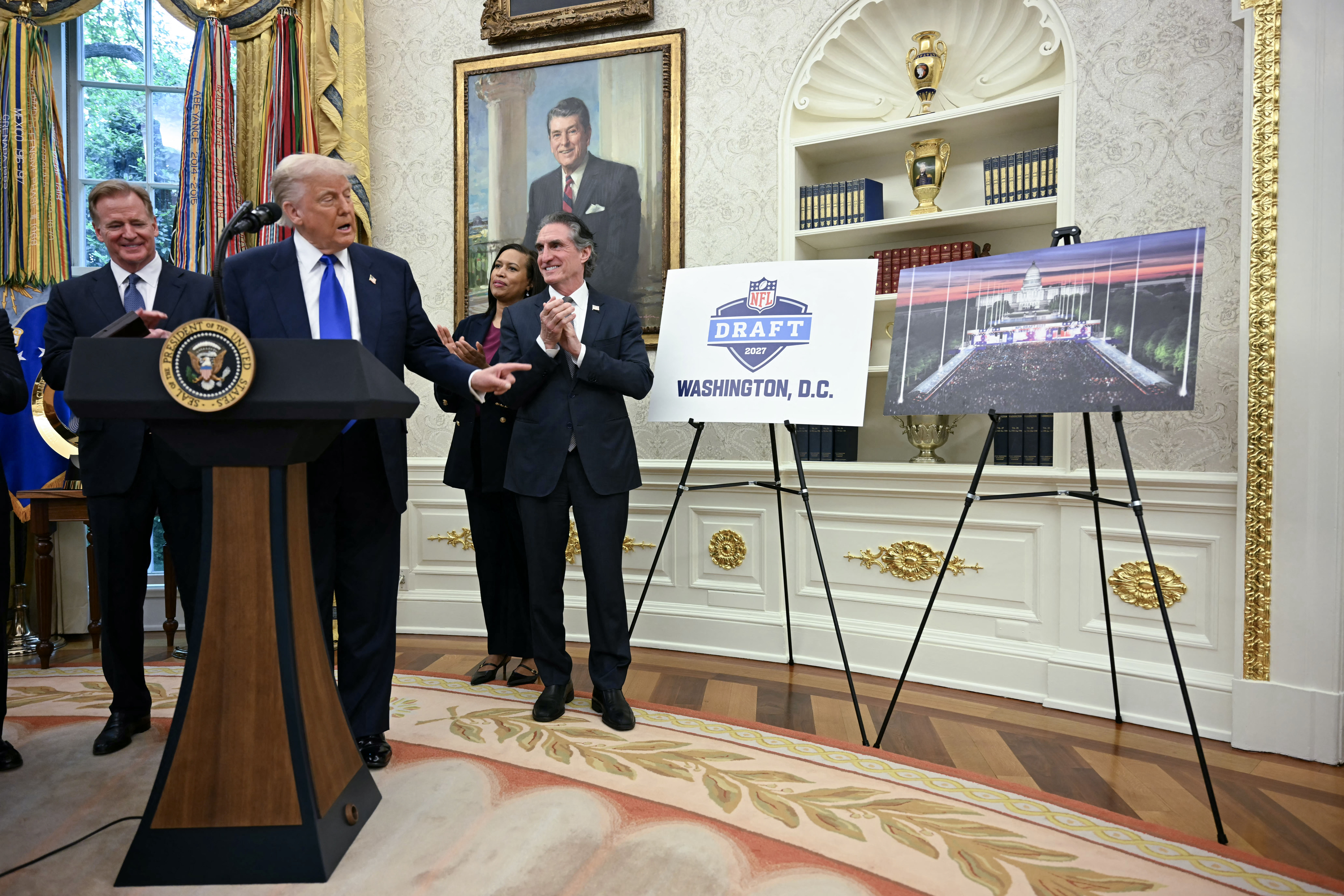D.C.-area IT companies face the very real threat of losing their top performers to Amazon as it ramps up hiring at its new HQ2 in Arlington County and Alexandria, Virginia.
Amazon has already filled 1,600 jobs and currently has 2,000 more jobs to fill, on its way to a promised 25,000 local jobs eventually associated with its second headquarters.
Amazon has promised those jobs will be high-paying ones, and local companies face the challenge of trying to match what Amazon is offering. It’s not necessarily that many local IT companies can’t match Amazon on salary — Amazon pays well, but not that well by local IT industry standards.
“The maximum base salary that you’re typically going to see inside Amazon is $165,000 a year. But where it really becomes competitive and different is equity. They issue stock at 100, to 200, to 300% of base salary vesting over four years,” said Sam Dinte, vice president of Dinte Global Executive Search.
Amazon has already been poaching top performers from local IT companies, but not so much actual IT talent yet.
“If you talk to some of the major technology companies around the area, they’ll tell you their talent acquisition organizations, and some of their other organizations like finance and legal, were really raided. That’s because what Amazon HQ2 had to do was build a massive recruiting arm,” Dinte said.
For companies that can’t compete head-to-head on compensation, Dinte says they can on more nontraditional ways. Company culture is not just window dressing for Amazon, and other Big Tech firms. It is part of what attracts and retains top talent.
D.C.-area companies can capitalize on the gold standards set by West Coast IT companies by offering more opportunities to learn and develop skill sets, and to embrace what is now a hot topic as the country emerges from the pandemic — flexible and remote work.
Dinte said he believes that long-term, Amazon’s massive presence in Northern Virginia will lift the region’s technology industry.
“I’m very bullish that Amazon is going to bring an ecosystem of partners, talent and capital invested,” he said. “I think it will spawn more startups, higher education institutions are going to stand up more like we’re seeing with Virginia Tech’s campus. And I think we are going to see a penchant for more commercial behavior out of traditional companies here.”








